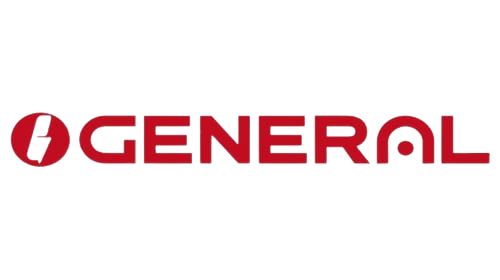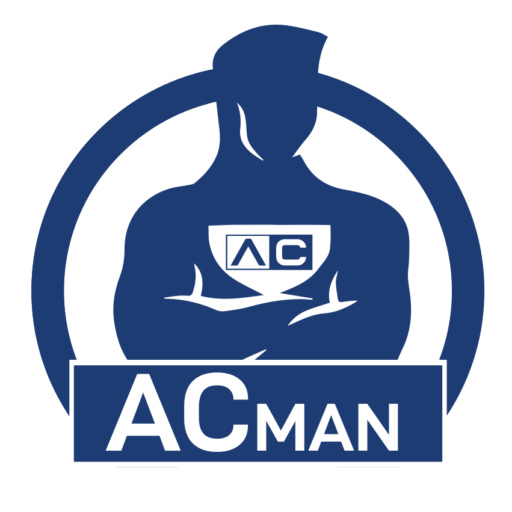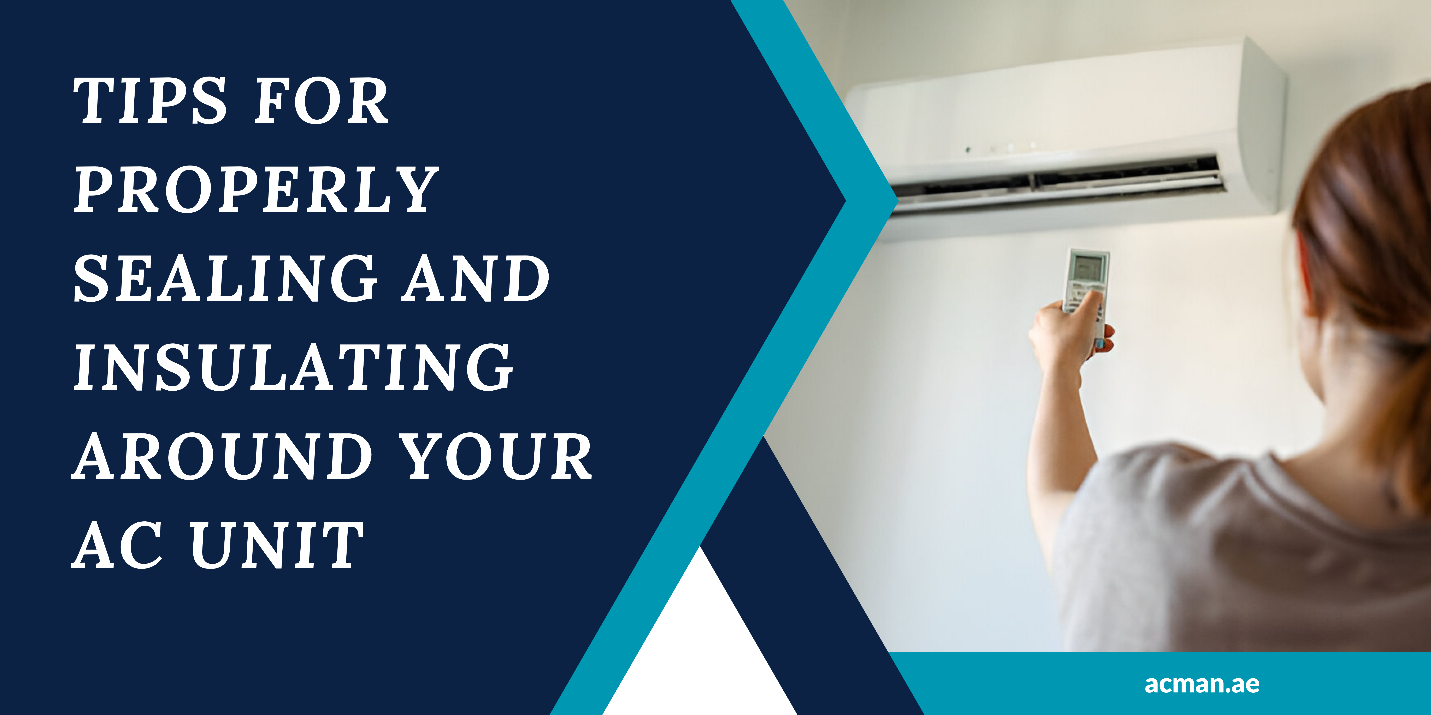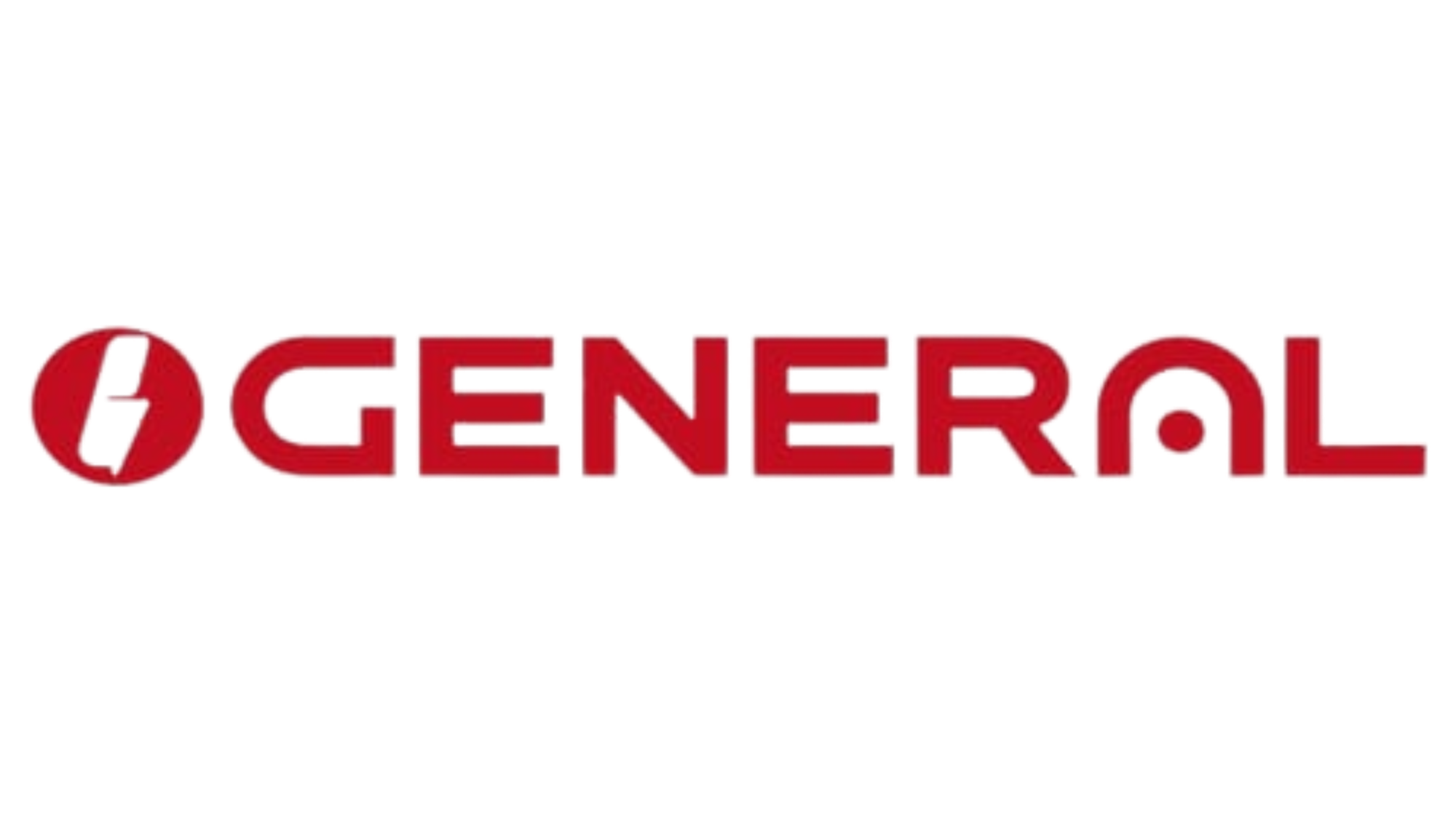Are you tired of sky-high energy bills and a home that feels like a sauna in summer? The solution to these problems may be more straightforward than you think: proper home insulation and air conditioning efficiency. This comprehensive guide will explore how insulation impacts your home’s comfort, energy usage, and air conditioning performance, whether split AC, window AC, or Portable AC. We’ll also provide practical tips to help you create a more energy-efficient living space.
Understanding the Importance of Home Insulation
Insulation is your home’s first line of defense against temperature fluctuations. It acts as a barrier, keeping heat from transferring between your home’s inside and exterior. This crucial function helps maintain a consistent indoor temperature, regardless of external conditions. Here’s why insulation is so important:
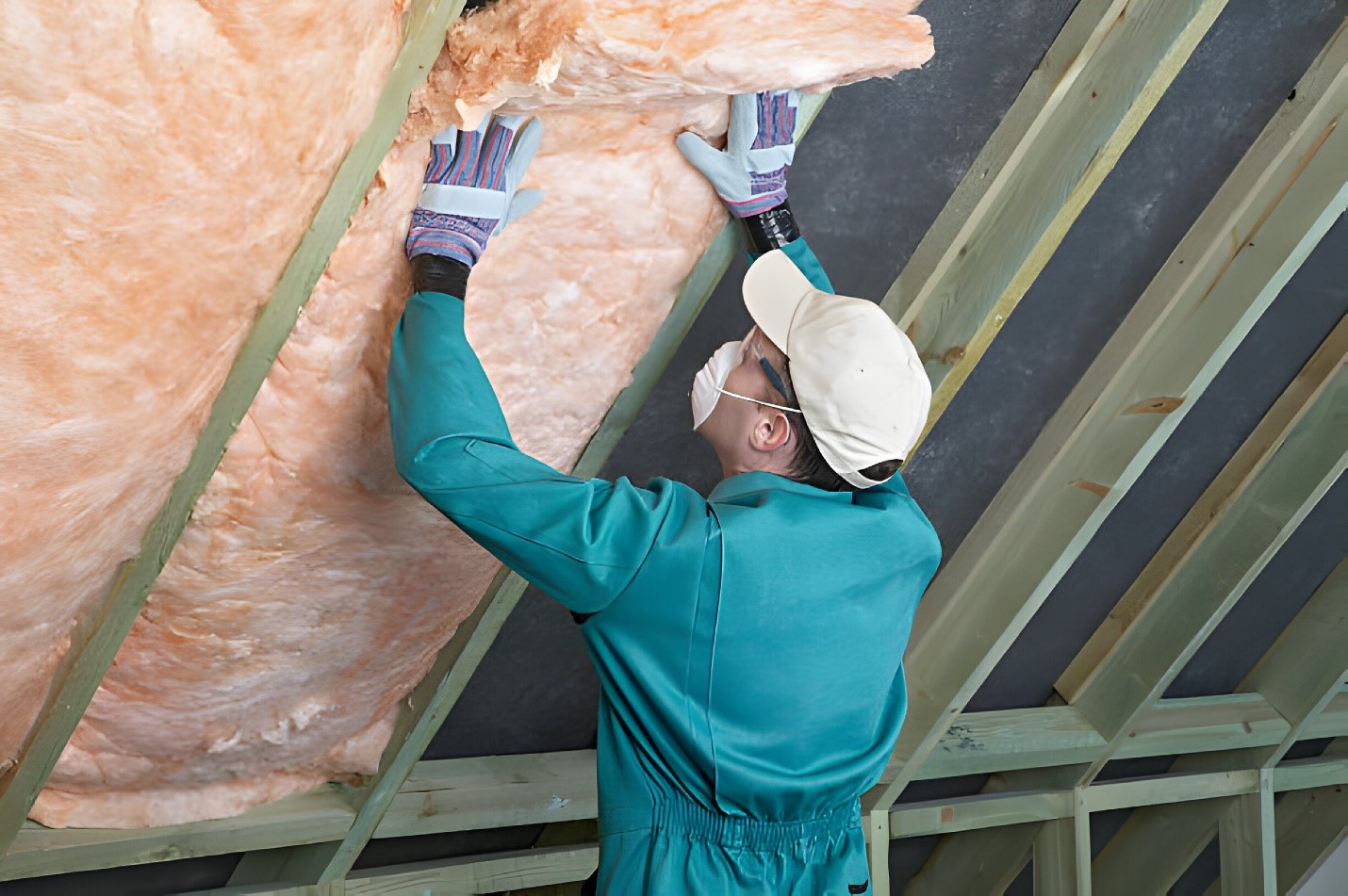
- Temperature Control: Effective insulation keeps your home cool in the summer & warm in the winter, easing the burden on your HVAC system.
- Energy Savings: Insulation significantly reduces energy consumption and utility bills by minimizing heat loss in winter & heat gain in summer.
- Improved Comfort: Proper insulation eliminates cold spots and drafts, ensuring a more comfortable living environment throughout your home.
- Noise Reduction: Many insulation materials also have sound-dampening properties, helping to create a quieter indoor environment.
- Environmental Impact: Reduced energy consumption means lower carbon emissions, contributing to a healthier planet.
Key Areas to Insulate in Your Home
To maximize the benefits of insulation, it is essential to focus on critical areas where heat loss or gain is likely to happen:
- Attic Insulation: This is one of the most crucial areas for insulation, as heat rises and can escape through the roof without proper insulation. Use fiberglass or cellulose insulation and seal gaps around vents and chimneys.
- Wall Insulation: Insulating exterior and interior walls is vital for maintaining your home’s temperature. Fill wall cavities with spray foam or blow-in insulation for optimal results.
- Floor Insulation: Often overlooked, floor insulation is essential for homes with crawl spaces or basements. Insulate these areas effectively with rigid foam boards or spray foam.
- Windows and Doors: Proper sealing around windows and doors is essential for efficiency. Use weather stripping and consider upgrading to double-glazed windows for better performance.
The Role of Air Sealing in Home Efficiency
Air sealing goes hand in hand with insulation to create an energy-efficient home. It involves identifying and sealing air leaks throughout your house, preventing uncontrolled air movement between the inside and outside. Here’s why air sealing is crucial:
- Enhanced Insulation Performance: Air sealing improves the effectiveness of your insulation by preventing air from bypassing it.
- Moisture Control: Reducing air leakage also minimizes the risk of moisture-related issues like mold growth.
- Improved Indoor Air Quality: Controlled ventilation becomes easier when you’ve sealed unintended air leaks, leading to better indoor air quality.
- Energy Savings: Proper air sealing can significantly reduce heating and cooling costs.
Type of Insulation
HVAC insulation enhances heating and cooling systems’ energy efficiency and performance. It minimizes heat transfer, maintaining comfortable indoor temperatures while reducing energy waste and costs. Proper insulation improves indoor air quality by sealing air leaks in ducts and other components.
Several common types of insulation are :
- Fiberglass: Affordable & easy to install, suitable for hot and cold climates, but has low fire resistance.
- Mineral Wool: High operating temperature, excellent fire resistance, and moisture resistance, though installation can be challenging.
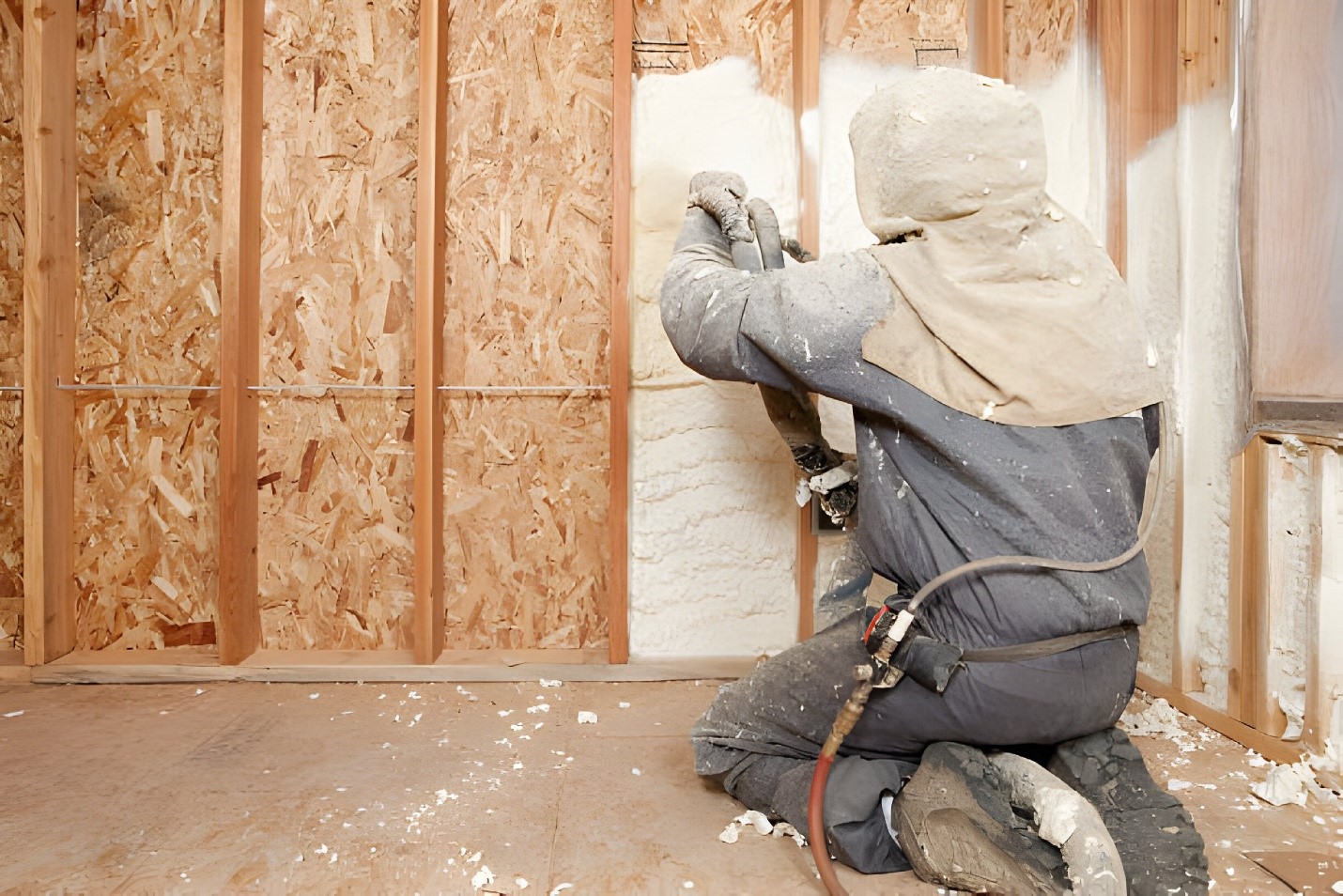
- Spray Foam: Versatile with high temperature, moisture, and fire resistance, it is ideal for various climates and applications.
- Rock Wool: It is known for its excellent thermal, fire, and moisture resistance, but it is heavy and bulky, making installation difficult.
- Foam Glass: High temperature and moisture resistance, fire-resistant, easy to install, suitable for tight spaces in ductwork and pipes.
Selecting the proper insulation depends on the specific needs of your HVAC system, balancing factors like temperature tolerance, moisture and fire resistance, cost, and ease of installation. Proper insulation ensures improved energy efficiency, comfort, and system protection.
Tips for Effective Air Sealing
To effectively air seal your home, consider the following tips:
- Conduct an Energy Audit: Hire a professional to conduct a blower door test to identify air leaks in your home.
- Focus on Common Trouble Spots: Specialize areas around windows, doors, electrical outlets, and joints between different building materials.
- Use Appropriate Materials: Caulk works well for stationary cracks, while weather stripping is ideal for movable components like doors and windows.
- Remember Hidden Areas: Seal leaks in less visible areas like attics, basements, and crawl spaces.
- Address Ductwork: Ensure your HVAC ducts are properly sealed to prevent conditioned air from escaping before it reaches its intended destination.
The Impact of Insulation on Air Conditioner Efficiency
When it comes to air conditioner efficiency, insulation plays a crucial role:
- Reduced Workload: A well-insulated and sealed home retains cool air more effectively, reducing the strain on your AC units. Whether you have Split AC, Window AC, or Portable AC, it will give you excellent performance.
- Consistent Temperatures: Proper insulation helps maintain even temperatures throughout your home, eliminating hot spots.
- Improved Comfort: With less heat infiltration, your home stays more relaxed and comfortable, even during peak summer temperatures, no matter what AC unit you have, i.e., split AC, Window AC, or Portable AC.
- Lower Energy Bills: As your AC units work more efficiently, you’ll see a noticeable energy consumption and cost reduction.
- Extended Equipment Lifespan: Less strain on your AC units can lead to fewer repairs and a longer overall lifespan for your equipment.
Attic Insulation: A Key Step in Enhancing Cooling Performance
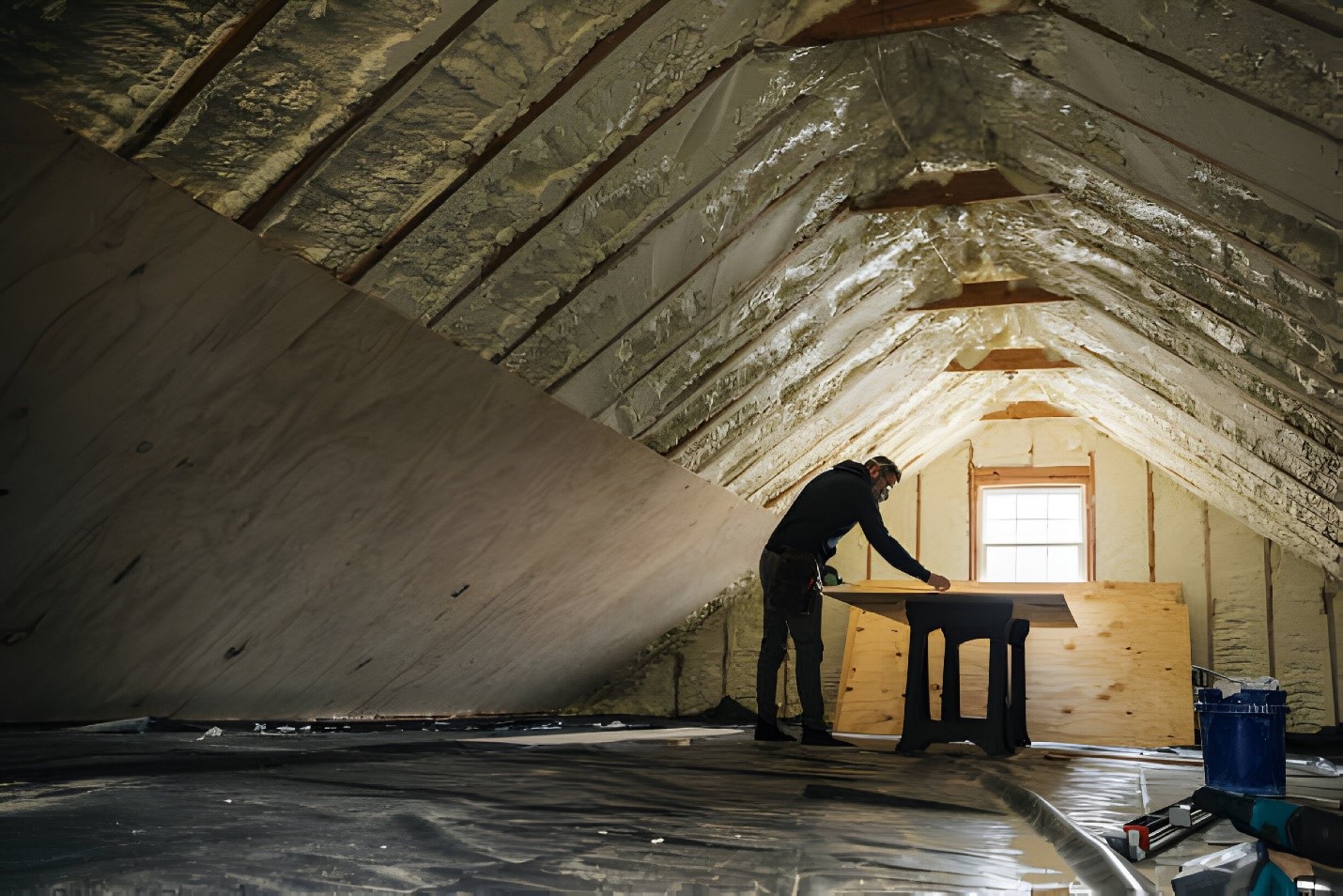
Among all areas of your home, the attic deserves special attention when it comes to insulation:
- Heat Barrier: A well-insulated attic is a barrier against the intense heat that can build up under your roof.
- Reduced Heat Gain: Proper attic insulation significantly reduces heat gain in your living spaces, making it easier to maintain comfortable temperatures.
- Improved HVAC Efficiency: With less heat from the attic, your air conditioner system can operate more efficiently.
- Year-Round Benefits: Attic insulation isn’t just for summer; it also helps retain heat during winter, providing year-round energy savings.
Ductwork Insulation: An Often Overlooked Aspect of HVAC Efficiency
Don’t forget about your ductwork when considering insulation:
- Temperature Maintenance: Insulated ducts help maintain the temperature of conditioned air as it travels through your home.
- Reduced Energy Loss: By minimizing heat gain or loss in the ducts, you ensure that cooled air reaches its intended destination efficiently.
- Condensation Prevention: Insulation helps prevent condensation on ducts, which can also lead to water damage & mold growth.
- Improved Air Quality: Keeping ducts at a consistent temperature reduces the risk of mold & mildew growth, contributing to better indoor air quality.
Managing Noise Levels Through Insulation
An often-overlooked benefit of proper insulation is its ability to reduce noise:
- External Noise Reduction: Insulation acts as a sound barrier, helping minimize external noise from traffic, neighbors, or other sources.
- Internal Sound Dampening: Insulation between rooms can help reduce sound transmission within your home, creating a more peaceful environment.
- HVAC Noise Reduction: Properly insulated ductwork can help minimize the noise from your HVAC system as it operates.
Maximizing Air Conditioning Efficiency: Tips and Tricks
Along with proper insulation, there are several steps you can take to enhance your air conditioning efficiency:
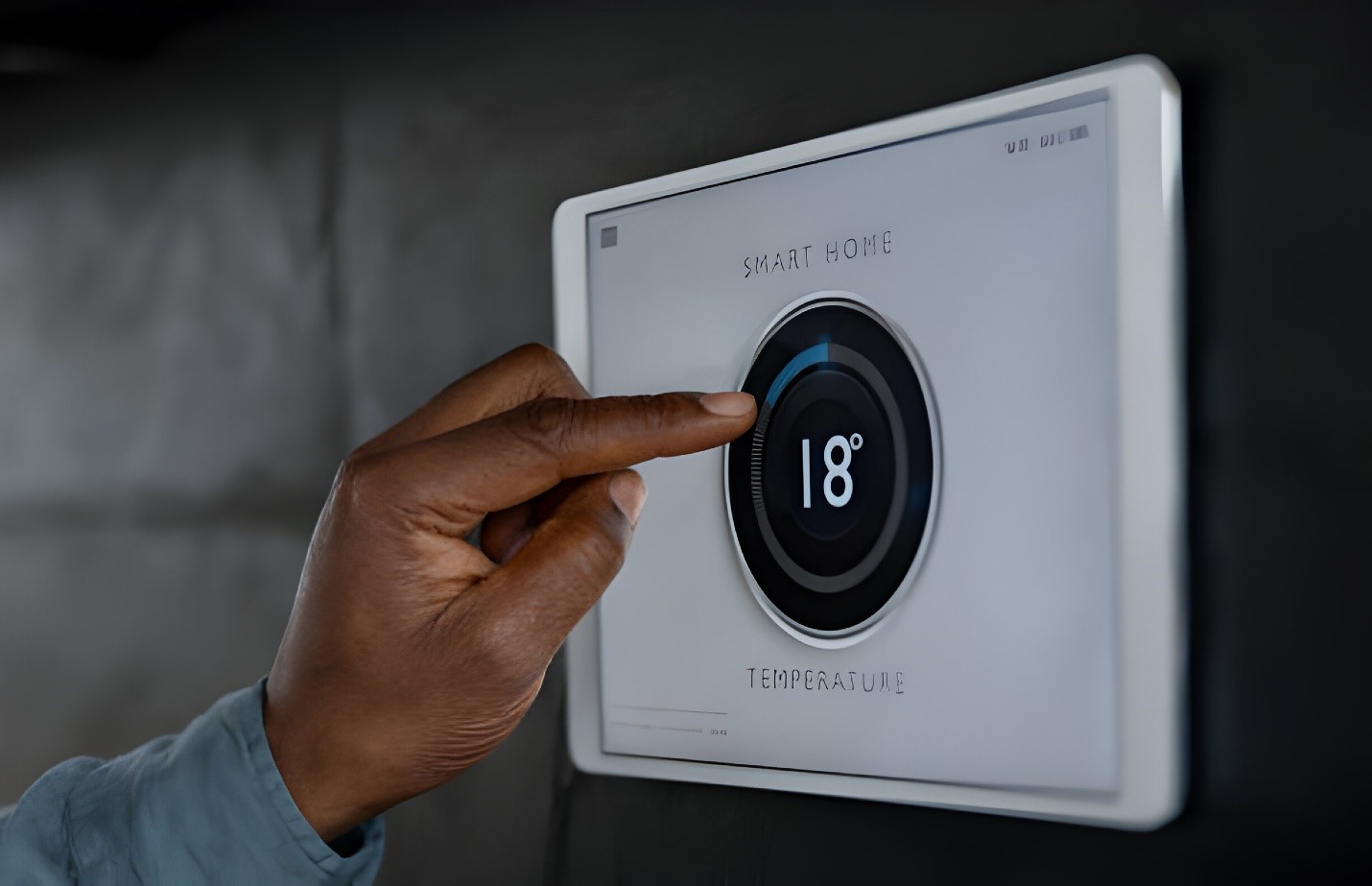
- Regular Maintenance: Schedule annual inspections and cleanings for your AC units to ensure they operate efficiently and effectively.
- Smart Thermostat Usage: Install a programmable thermostat & also set it to (26°C) or higher when you’re home and even higher when you’re away.
- Use Fans: Ceiling and portable fans help spread cool air evenly; you can set your thermostat a few degrees higher without sacrificing the comfort you want.
- Shade Your Home: Use blinds, curtains, or exterior shading devices to block direct sunlight and reduce heat gain, enhancing the performance of any AC unit, whether it is a split AC, window AC, or portable AC.
- Avoid Heat-Generating Activities: Avoid using heat-generating appliances such as ovens or dryers during the hottest parts of the day.
- Seal and Insulate Ducts: Ensure your ductwork is properly sealed & insulated, especially in unconditioned spaces like attics or crawl spaces.
- Choose Energy-Efficient AC Units: Opt for energy-efficient models with high SEER (Seasonal Energy Efficiency Ratio) ratings when replacing your AC units.
Taking Action: Steps to Improve Your Home’s Insulation and AC Efficiency
Ready to improve your home’s efficiency? Here are several ways to get started:
- Conduct an Energy Audit: Begin with a professional energy audit to identify key areas of heat loss and air leakage in your home.
- Prioritize Key Areas: Focus on insulating and sealing the most critical areas, such as the attic, walls, and around windows and doors.
- Choose the Right Materials: Select insulation and air-sealing materials appropriate for each area of your home, considering factors like R-value and moisture resistance.
- Consider Professional Installation: While some insulation projects can be DIY, others may require professional expertise for optimal results.
- Remember ventilation: While sealing air leaks, ensure your home has proper ventilation to maintain good indoor air quality.
- Maintain and Update: Regularly inspect your insulation and air sealing measures, updating as needed to maintain their effectiveness.
- Upgrade Your AC units: If your current system is old or inefficient, consider upgrading to a more energy-efficient model.
- Take Advantage of Incentives: Look into local and federal incentives for energy-efficient home improvements, which can help offset the cost of upgrades.
Conclusion
Proper home insulation and air conditioning efficiency are essential for creating a comfortable & energy-efficient living space. By paying attention to these often overlooked aspects of home maintenance, you can significantly reduce energy consumption, lower utility bills, and enhance your overall quality of life. Whether facing scorching summers or frigid winters, a well-insulated and efficiently cooled home offers year-round benefits, making it a worthwhile investment for any homeowner.
Creating an energy-efficient home is an ongoing process. Start by assessing your current insulation and air conditioning system, then implement small changes. Even simple modifications can lead to substantial energy savings over time. With the right approach, you can enjoy a more comfortable home, reduced energy bills, and the satisfaction of contributing to environmental sustainability.




